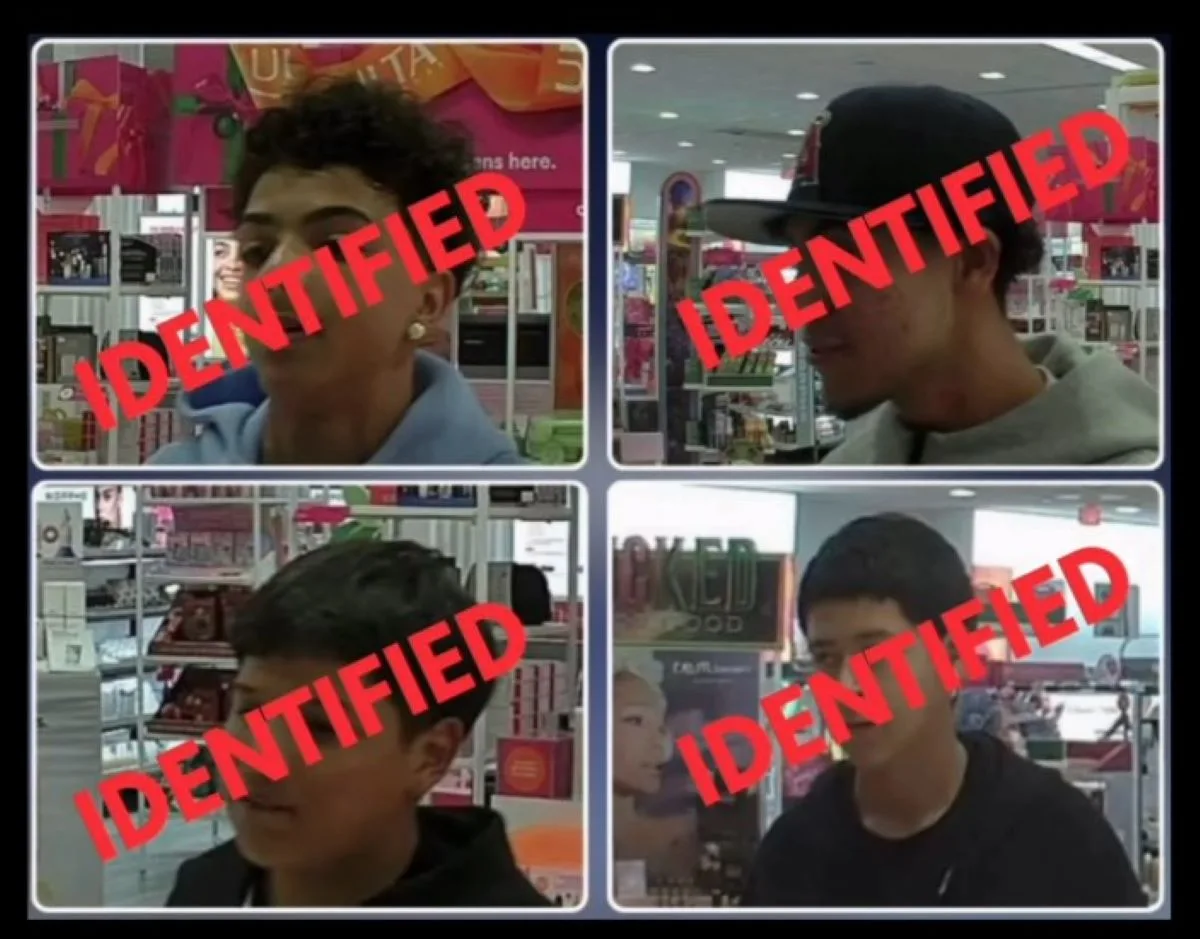The juveniles who recently robbed an Ulta Beauty store in Seal Beach have been identified, according to the Seal Beach Police Department.
The SBPD noted that: “You absolutely flooded us with tips. Because of you and our media partners @ktlanewsdesk, our detectives were able to identify the group involved.”
The SBPD cannot release the names of the suspects because they are all juveniles, ages 14 to 16.
The suspects are in huge trouble as the SBPD is working with several partner agencies as it looks like this crew of juvenile delinquents has been busy hitting multiple cities and multiple retail stores.
The parents of the suspects also may face serious legal repercussions.
Here’s what the juveniles involved in the Seal Beach Ulta Beauty robbery could face under California law:
- Organized Retail Theft (Penal Code § 490.4)
- If the stolen merchandise value exceeds $950 (or multiple thefts aggregated over 12 months exceed $950), the offense can be charged as a felony.
- Felony penalties: up to 3 years in county jail; misdemeanor penalties: up to 1 year in county jail.
- Courts can also impose fines and restitution to victims.
- Aggregation Rule
- Prosecutors can combine the value of goods stolen in multiple incidents to reach the felony threshold.
- Juvenile Court Consequences
- Juveniles (ages 12–17) are generally handled in juvenile court, which focuses on rehabilitation rather than punishment.
- Possible outcomes include:
- Probation with conditions like counseling, community service, and restitution.
- Placement in a juvenile detention facility for months or years.
- Commitment to the Division of Juvenile Justice (DJJ) for serious or repeat offenses.
- Transfer to Adult Court
- For serious felonies (e.g., robbery with force, organized crime), minors 14 or older can be transferred to adult court under Welfare & Institutions Code § 707(b).
- If transferred, they face adult penalties, which for robbery can be 2–9 years in state prison.
- Additional Penalties
- Restitution orders for stolen merchandise.
- Retail theft restraining orders (banning entry to certain stores for up to 2 years).
In California, parents can face financial and sometimes criminal liability when their minor children commit crimes like theft or robbery. Here’s a breakdown:
- Restitution for Victims
- Under Welfare & Institutions Code § 730.6 and § 730.7, courts must order restitution for victims of juvenile offenses.
- Parents are usually jointly and severally liable for restitution, subject to their ability to pay. This can include costs for stolen or damaged property, medical bills, and other economic losses.
- Civil Liability
- Under California Civil Code § 1714.1, parents can be held liable for up to $25,000 per incident for their child’s willful misconduct that causes injury or property damage.
- Criminal Liability
- Penal Code § 272(a)(2) (Parental Responsibility Law) requires parents to exercise reasonable care and supervision over their minor children.
- If prosecutors show that parents knew or should have known about delinquent behavior and failed to act, they can be charged with contributing to the delinquency of a minor, a misdemeanor punishable by up to 1 year in jail and fines.
- Other Obligations
- Parents may have to reimburse the state for costs of juvenile detention and supervision.


Internet come on release their information